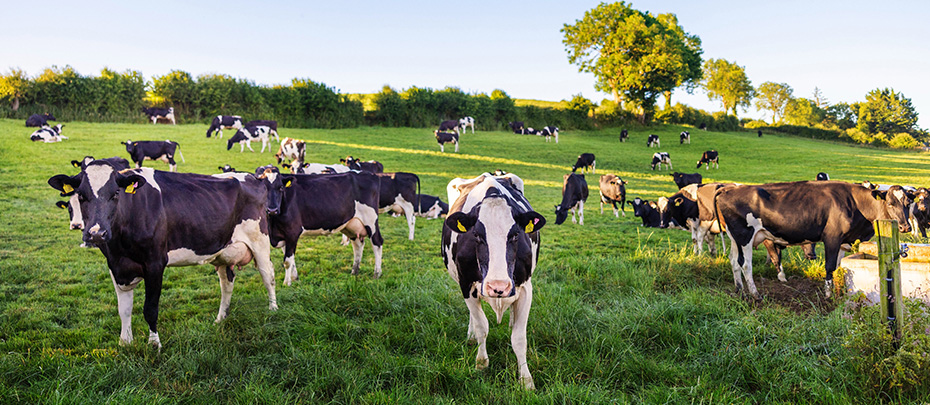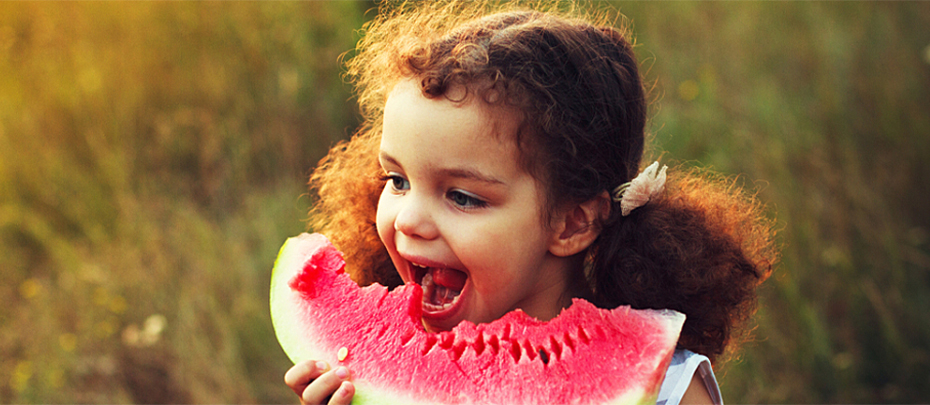Another clue is timing. Symptoms usually start to appear a few minutes to two hours after eating, so pay close attention in the time directly after your baby eats to see if an allergy could be the problem.
Your Healthcare Provider Can Help
Cow's milk allergy is most likely to develop during a baby's first year. Because the incidence of food allergies is on the rise they're on many parents' radars. However, they can also be misdiagnosed by well-meaning parents trying to soothe an uncomfortable infant. That's why it's especially important to speak to your baby's doctor if you suspect a food allergy. They'll be able to do a full exam, take a history of all symptoms and even refer you to an allergist.
Download: My Child's Symptom Diary Log
Feeding Your Baby
Even small amounts of milk can cause a reaction in a milk-allergic baby, and since there's no cure for food allergies, parents need to make sure that their baby strictly avoids all milk and milk-containing foods.
If you're breastfeeding, you may be advised to avoid these items as well since the proteins can be passed through breast milk. For formula-fed babies, a doctor will likely suggest a hypoallergenic formula where the protein has been extensively hydrolyzed or broken down such as Similac® Alimentum® . If the baby cannot tolerate the extensively hydrolyzed formula, you may be advised to use an amino acid-based formula, like EleCare. After baby's first birthday, your doctor will recommend the best milk-free alternative beverage for your baby.
Milk allergies aren't just about what's in your baby's bottle. If your child has started eating solid food, you'll also need to make sure that they avoid all milk-containing foods such as yogurt or cheese. Because milk can be in many foods, your baby's doctor may also refer you to a registered dietitian to help you learn to look for problem ingredients.
Communicating With Caregivers
If you're like many parents, you may not be the only person who feeds your baby, and educating anyone who cares for them is critical. If a grandparent or babysitter is routinely responsible for your child, it can be helpful to invite them to join you when you visit the doctor or dietitian. For kids who go to daycare, you may want to schedule a time to sit down with the center's administrator to discuss your child's diagnosis as well as milk avoidance strategies. Many daycare centers have experience dealing with food allergies and have policies in place to ensure that your baby is protected from any exposure to milk.
Managing a milk allergy can be daunting but with the right support and resources you can protect your baby and ensure they get the needed nutrients to grow strong and healthy.




Social Share